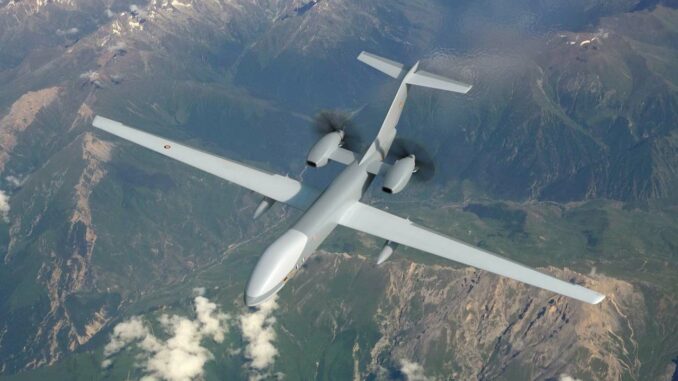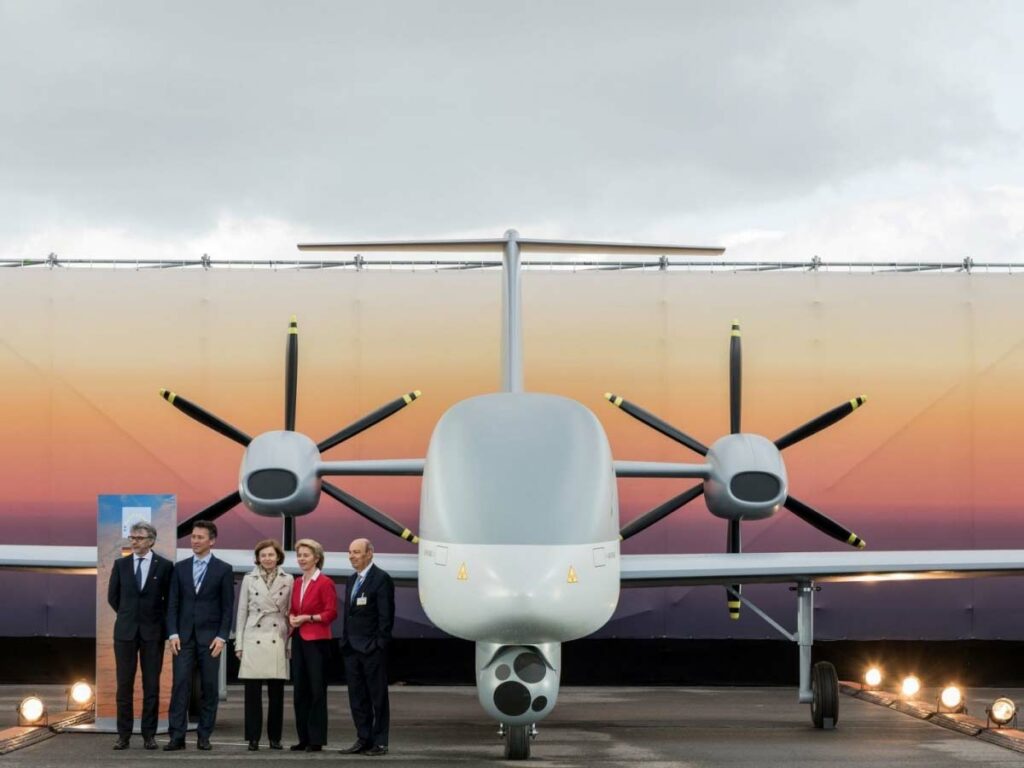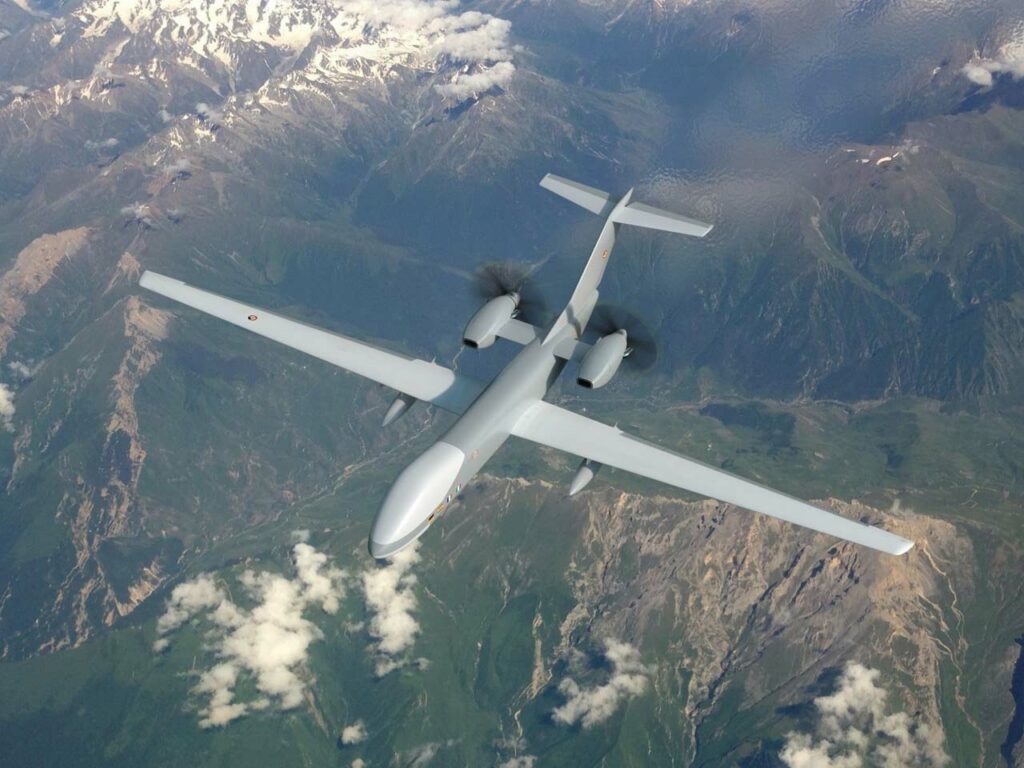
The Airbus-Dassault disagreement threatens the Eurodrone schedule, impacting the critical design review. Analysis of the stakes and consequences.
A disagreement with far-reaching implications for Eurodrone
The Eurodrone project, an ambitious collaboration between four European nations, is now threatened by a disagreement between two of its main contributors: Airbus and Dassault Aviation. This conflict, highlighted by the German Ministry of Defense’s Armament Report 2024, raises “coordination problems” that could jeopardize the Critical Design Review (CDR) scheduled for next September. Should this crucial project milestone not be met, the continuity of the program could be called into question.

The genesis of this conflict remains unclear, although parallels can be drawn with earlier disagreements over the Future Air Combat System (FCAS), which also saw Airbus and Dassault diverge over the development of flight control systems. These differences had already led to a one-year delay for the FCAS demonstrator.
The Eurodrone is conceived as a medium-altitude, long-endurance unmanned aircraft system (UAS) weighing 11 tonnes, developed mainly by Airbus in Germany, with contributions from Dassault, Leonardo (Italy) and Airbus Spain. The project, estimated at 7.1 billion euros, aims to maintain a European UAS development capability, at a time when European governments are turning mainly to American and Israeli platforms.
Implications and repercussions of a major disagreement
The disagreement between Airbus and Dassault Aviation over the Eurodrone program has significant technical and political implications. On the technical side, any delay in the critical design review could lead to a delay in prototype development and, ultimately, in scheduled deliveries to partner nations. This situation could jeopardize the ability of European countries to have an autonomous and competitive UAS technology on the world market.
Politically, this conflict highlights the difficulties inherent in cooperation between major European companies on large-scale projects, underlining the challenges of coordinating and harmonizing national and corporate interests. The repercussions could extend beyond Eurodrone, affecting partners’ confidence in future projects such as FCAS.

In the long term, the stakes go beyond the technical realization of Eurodrone. At stake is Europe’s ability to maintain technological sovereignty in the field of military aeronautics, and to promote effective industrial collaboration between its nations.
This disagreement between Airbus and Dassault jeopardizes not only the Eurodrone schedule, but also the vision of a Europe capable of producing autonomous, competitive defense technology. It reveals the challenges of inter-company cooperation on projects of European scope.
War Wings Daily is an independant magazine.